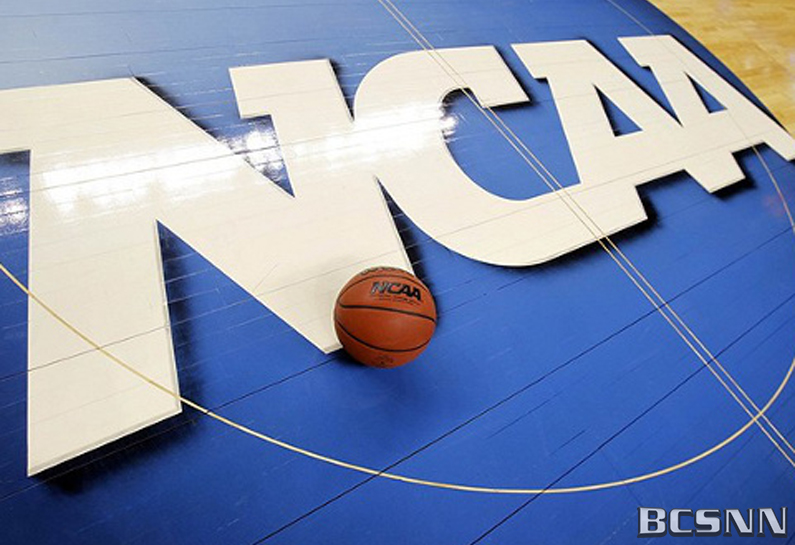
The NCAA has formally responded to the lawsuit filed by Tennessee basketball standout Zakai Zeigler, who is seeking a fifth year of eligibility to play in the 2025–26 season. Zeigler’s legal action challenges the NCAA’s longstanding “four seasons rule,” which limits student-athletes to four seasons of competition within a five-year period. He contends that this restriction violates federal and state antitrust laws and hampers athletes’ ability to capitalize on Name, Image, and Likeness (NIL) opportunities.
In its response, the NCAA defended the four-season limit, asserting that it is essential for maintaining a balance in collegiate athletics. The organization argued that allowing athletes to extend their eligibility beyond four seasons would reduce opportunities for incoming student-athletes, as roster spots would remain occupied by veterans. The NCAA emphasized that the rule ensures a continuous influx of new talent and preserves the amateur nature of college sports.
Zeigler’s lawsuit highlights the evolving landscape of college athletics, where NIL deals have introduced significant financial incentives for student-athletes. He claims that denying him a fifth year could result in a loss of $2 million to $4 million in potential NIL earnings. Zeigler, who has already graduated and plans to pursue a graduate degree, argues that the current eligibility rules unfairly limit his ability to benefit from these opportunities.
The case has sparked a broader discussion about the future of eligibility rules in college sports. Some advocates suggest that the NCAA should consider extending the standard eligibility period to five seasons, aligning with the typical duration of undergraduate studies. Others caution that such changes could lead to unintended consequences, such as prolonged collegiate careers and reduced opportunities for new athletes.
A motion hearing for Zeigler’s case is scheduled for Friday, where further arguments will be presented. The outcome could have significant implications for NCAA eligibility policies and the balance between tradition and modernization in college athletics.
As the legal proceedings unfold, stakeholders across the collegiate sports landscape will be closely monitoring the case, recognizing its potential to reshape the framework of student-athlete participation and compensation.






